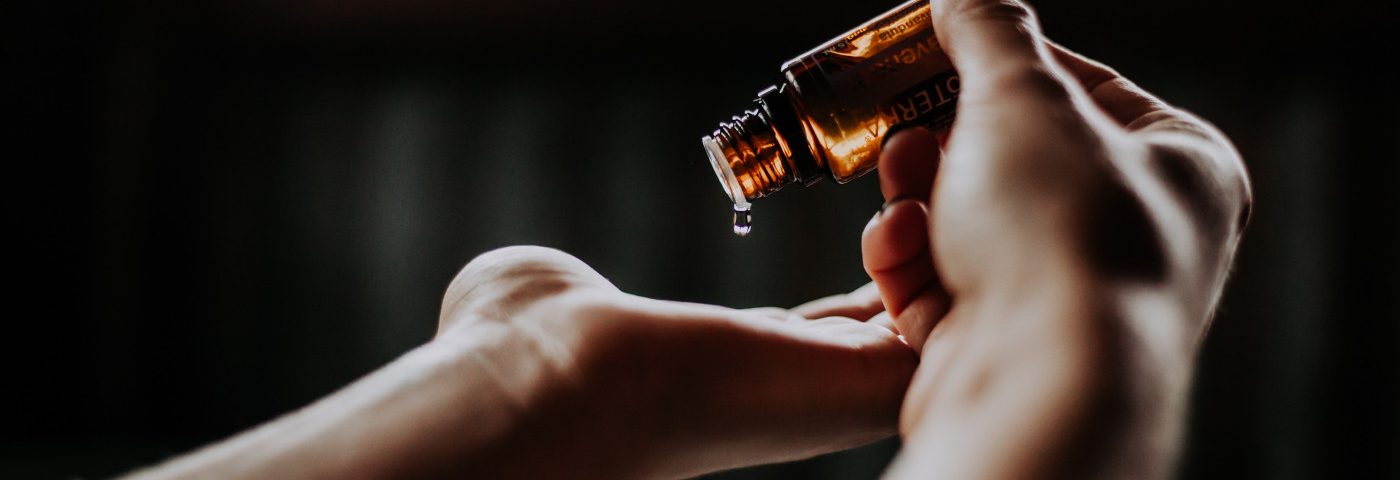ReGenTree’s eye drop therapy RGN-259 was found to promote corneal healing in people with neurotrophic keratopathy (NK), results from a Phase 3 clinical trial show.
The therapy also had durable effects up to at least two weeks post-treatment, ReGenTree announced in a press release.
RGN-259 is an investigative eye drop treatment that contains thymosin beta-4 — a peptide (a short chain of amino acids) which works to promote cell migration in a way that helps tissue regeneration. It also reduces cell death and inflammation of the cornea. (Amino acids are the building blocks of proteins.)
The placebo-controlled Phase 3 SEER-1 clinical trial (NCT02600429) sought to evaluate the efficacy and safety of RGN-259; it included 18 people with stage 2 or 3 neurotrophic keratopathy in at least one eye. The trial initially aimed to enroll 46 such patients, but due to “slow patient recruitment and future pricing strategy for NK as a rare disease,” the trial was “closed early,” the release stated.
Patients were randomly assigned to RGN-259 or placebo eye drops, and asked to apply the drops five times a day for one month.
The trial’s primary outcome was the ratio of people achieving complete corneal healing 29 days after the first dosing.
Complete corneal healing was found in six of 10 patients in the RGN-259 group at four weeks, and one of eight patients in the placebo group. The difference achieved statistical significance in one of the two statistical tests performed on the data — in the Chi square test but not in the Fisher’s exact test.
Complete healing at two weeks post-treatment, a key secondary trial goal supporting treatment durability, also showed significant differences between treated patients and those given placebo.
Other secondary efficacy measures included corneal epithelial defect, tear film break-up time, ocular discomfort, visual acuity, change in slit lamp biomicroscopy, corneal sensitivity, and intraocular pressure at several time-points during the treatment and post-treatment.
ReGenTree’s release noted that several of these measures “were either highly significant or strongly trending toward statistical significance in the RGN-259 group,” but did not give specifics.
“These results strongly demonstrated the efficacy of RGN-259 in NK, despite a very small number of patients. As expected, it was well tolerated and there were no safety issues associated with our drug,” a company official said.
The company also announced that it met with the U.S. Food and Drug Administration in April to discuss clinical design and trial requirements for a future biologics license application requesting RGN-259 be approved to treat neurotrophic keratopathy.
ReGenTree is also investigating the use of RGN-259 for dry eye syndrome, a condition in which lack of moisture on the surface of the eye causes irritation, redness, discharge, and easily fatigued eyes.
Two Phase 3 studies, ARISE-1 (NCT02597803) and ARISE-2 (NCT02974907), investigated the safety and efficacy of RGN-259 against placebo in treating the signs and symptoms of dry eye. A third Phase 3 study called ARISE-3 (NCT03937882), also in the U.S., is ongoing.
Currently, the only FDA-approved treatment for neurotrophic keratopathy is Oxervate (marketed by Dompé Farmaceutici). Its active ingredient is cenegermin, which is structurally similar to nerve growth factor found in the eye, a protein that helps maintain and heal corneal nerves.

